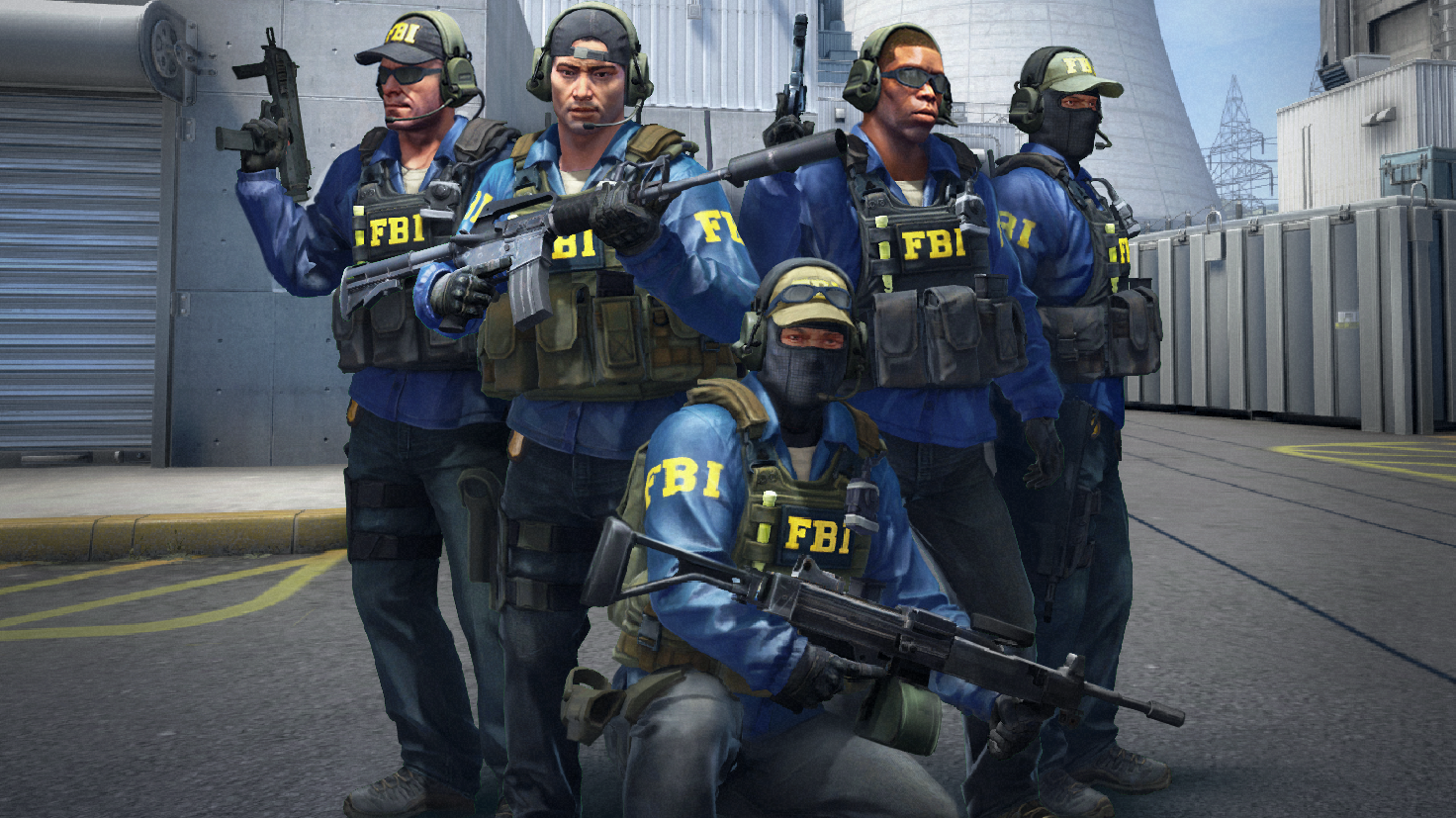The DHS is spending $700,000 on researching counterterrorism in games
The research will focus on the use of big multiplayer 'social platforms' as avenues of white supremacist radicalisation.

The United States' Department of Homeland Security (DHS) is devoting almost $700,000 of funding to a research project aimed at countering terrorist recruitment via games like Roblox, Ars Technica reports.
The grant totals an incredibly specific $699,763, and will go to research aimed at the "development of a set of best practices and centralized resources for monitoring and evaluation of extremist activities".
The project is being undertaken jointly by three organisations: the Middlebury Institute’s Center on Terrorism, Extremism, and Counterterrorism; Take This, which focuses on mental health in gaming; and Logically, which looks at ways to deal with bad online behaviour.
The research aims to find ways to counter radicalisation and terrorist recruitment via games like Roblox, alongside games from the like of Blizzard and Bungie. In other words, it's focusing on games that function as social hubs as well as playable experiences. The DHS grant announcement says that game devs both big and small "have lagged in awareness of how extremists may attempt to exploit their games".
The Ars report points to a 2021 ADL survey as an example of the unchecked growth of extremist subcommunities in the underbelly of online gaming. The survey found that:
- 10% of surveyed people aged 13-17 had been exposed to white supremacist discussions and ideology in games.
- 7% of adult online players were exposed to Holocaust denial while playing.
- Nearly half of the women and 41% of black people surveyed had experienced identity-based harassment while playing online.
The grant also comes in the context of a recent shift in focus by the DHS that identifies "ethnically motivated violent extremists—specifically white supremacist extremists" as the "most persistent and lethal threat in the Homeland".
Dr. Rachel Kowert, of Take This, told Vice's Motherboard that the project's research would likely lean towards "white nationalism and white supremacy" in games. It makes sense, at least from my limited perspective. I may be an asocial hobgoblin who rarely plays big multiplayer stuff, but even I can rattle off various examples of times I've come across far-right loudmouths in my brief and infrequent multiplayer adventures. It was only last year, after all, that Discord had to purge over a thousand servers from its service for playing host to violent extremism. This is an ongoing problem across the whole internet, including gaming.
The biggest gaming news, reviews and hardware deals
Keep up to date with the most important stories and the best deals, as picked by the PC Gamer team.
Kowert told Vice that research of this kind was literally non-existent before the project began. It'll take more than a $700,000 grant to halt the spread of poisonous ideologies, of course, but with any luck the project will bring the problem some much-needed attention.

One of Josh's first memories is of playing Quake 2 on the family computer when he was much too young to be doing that, and he's been irreparably game-brained ever since. His writing has been featured in Vice, Fanbyte, and the Financial Times. He'll play pretty much anything, and has written far too much on everything from visual novels to Assassin's Creed. His most profound loves are for CRPGs, immersive sims, and any game whose ambition outstrips its budget. He thinks you're all far too mean about Deus Ex: Invisible War.

